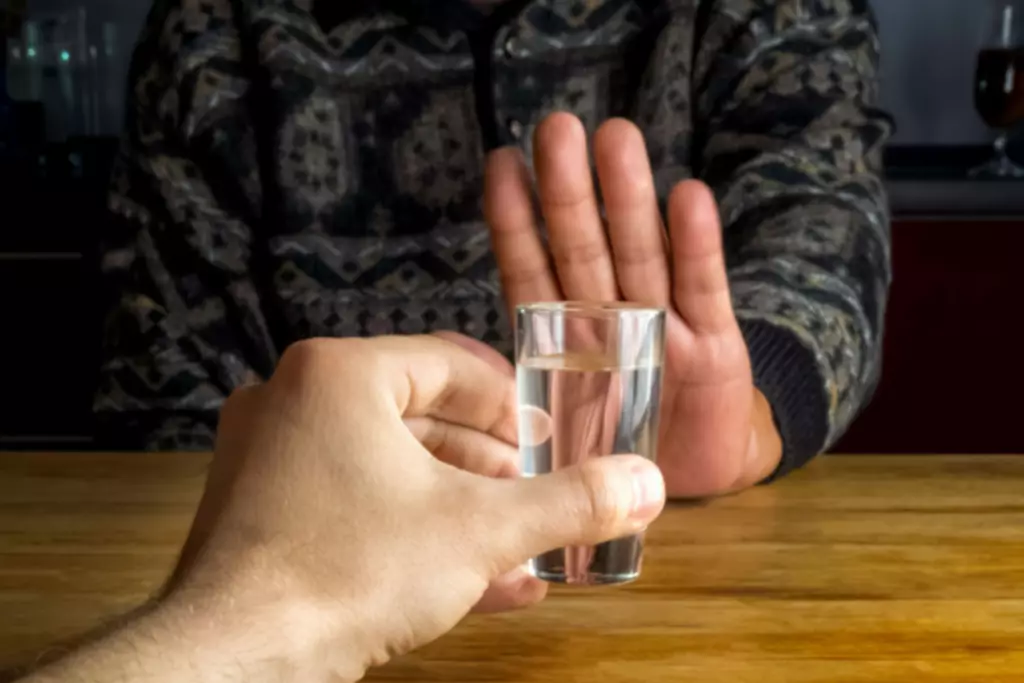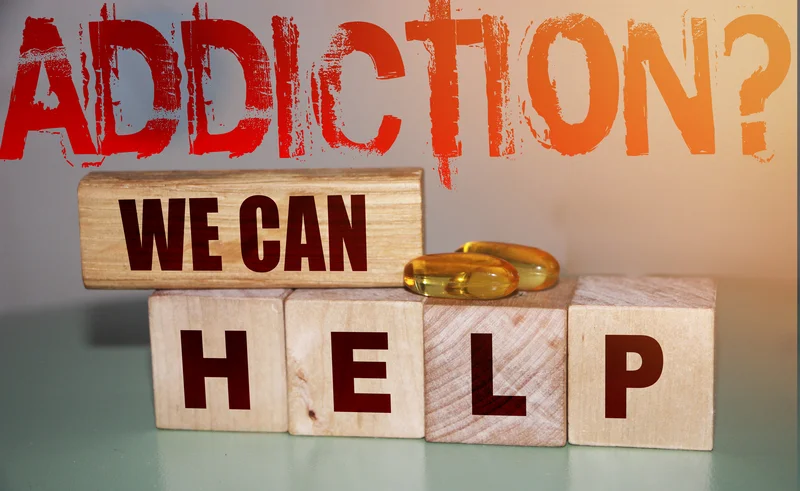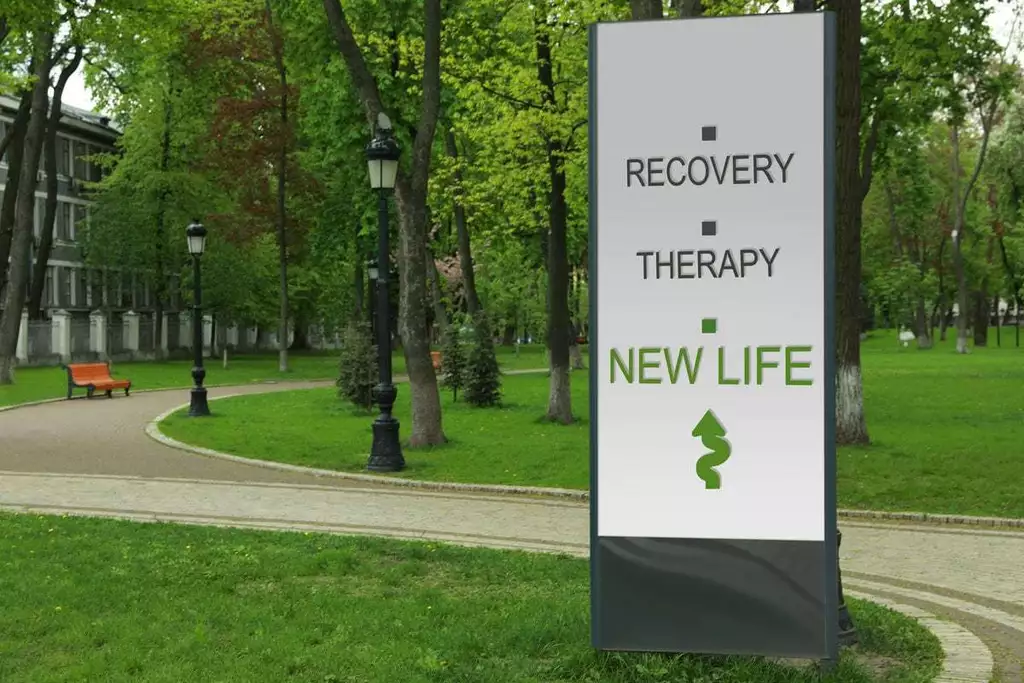
Although it may be easier said than done, dialing back your drinking can alleviate the problem. If you notice a connection between drinking heavily and your feelings of anger it is well worth trying this proactive approach. Moderating your drinking or abstaining altogether (especially when you are experiencing strong emotions) can help you view situations from a more clear and rational perspective. Studies have estimated that up to 50% of alcohol-dependent males display violent behavior. Rage can be triggered by many things, over words at a social gathering, being refused another drink, or even from perceived slights.
Get Help Today at Vertava Health

One study supporting this finding enlisted 245 men with a history of heavy episodic alcohol use (Berke et al., 2020). They completed surveys assessing their endorsement of traditional masculine norms, use of thought suppression, and both trait and alcohol-related aggression. It was found that thought suppression mediated the association between the toughness masculine norm and alcohol-related aggression. By Buddy TBuddy T is a writer and founding member of the Online Al-Anon Outreach Committee with decades of experience writing about alcoholism. Because he is a member of a support group that stresses the importance of anonymity at the public level, he does not use his photograph or his real name on this website.

What Causes Alcohol Abuse?
In that case, you may react the same way because of excessive exposure https://ecosoberhouse.com/ to such harmful environments and behaviors. Similarly, a low socioeconomic background can also make you express anger outbursts more often. Unfortunately, the equilibrium of these particles gets disrupted when the levels of alcohol are high in the blood, causing damage to the brain’s functioning. Similarly, long-term use of alcohol can also result in psychological dependence and withdrawal symptoms upon avoiding alcohol use.
Shop Our Products by Health Interest
While anger is an internal feeling, aggression is the outward expression of that emotion. Understanding the difference helps in managing emotions in a healthy way, preventing harmful behaviors. Decreased cognitive function due to alcohol also means that a person can’t think straight. According to a study, people with alcohol addiction were more likely to misread a person’s emotions and behaviour.
- It’s confusing sometimes, too – especially if they aren’t an angry person when they aren’t under the influence of alcohol.
- Alcohol is a complex substance that affects multiple neurotransmitter systems, leading to a cascade of effects on our thoughts, emotions, and behaviors.
- Some individuals may consider alcohol’s effects to be more of a stimulant, meaning that after a drink or two, they loosen up and are ready to go out, socialize, or relax.
- For those who have trouble managing their anger, this may lead to angry outbursts, arguments, or even physical fights.
Why is anger so common among people who drink?
However, this can depend on having a willingness to change, the support Oxford House of friends and family members, and, if needed, professional help. DBT is a type of talk therapy that is extremely helpful if you experience intense emotions. It is similar to CBT, but it focuses on helping you accept opposing thoughts.


Hostility, on the other hand, encompasses a more general disposition of antagonism or animosity. There exists confusion regarding the differentiation between anger, aggression, and hostility, particularly in the context of alcohol consumption. Anger, aggression, and hostility seem like common terms that are related to each other. It is important to understand the specific impact of alcohol on these conditions. Alcohol can influence the expression of hidden or suppressed emotions. Individuals may find themselves more inclined to express emotions that they typically keep alcoholic rage syndrome concealed, such as anger, sadness, or vulnerability, when under the influence.
- However, it also reduces the activity of glutamate, an excitatory neurotransmitter.
- The stress-reducing effects of alcohol often make people believe there are no real consequences for their actions, which leads to confrontations, fights, or displays of aggression.
- Alcohol abuse can be caused by various factors, including genetics, mental health issues, and environmental influences.
- If you or someone you care about is struggling with alcohol-related rage there are some steps you can take to prevent future incidents.
- Similarly, a low socioeconomic background can also make you express anger outbursts more often.
According to research compiled by the National Institute on Drug Abuse, alcohol use is a considerable contributing factor to sexual assault. Similarly, in nearly 40% of violent incidents, surveyed individuals from the United Kingdom said they believed their perpetrator was under the influence of alcohol. While drinking alcohol isn’t the sole reason for assault, it plays a substantial role in whether someone commits a violent crime. Furthermore, alcohol can make you focus too much on specific words or behaviors from other people. If you see someone cut in front of you in line for the bathroom at a bar or concert, you may react aggressively when you otherwise wouldn’t mind.

Because these two areas can become overactive after chronic alcohol use, breathing exercises can alleviate some of the emotional strain of becoming sober. They may be dealing with a difficult colleague or frustrated by an unexpected bill. In these cases, the best thing you can do is recognize that there are sometimes things outside of your control.
